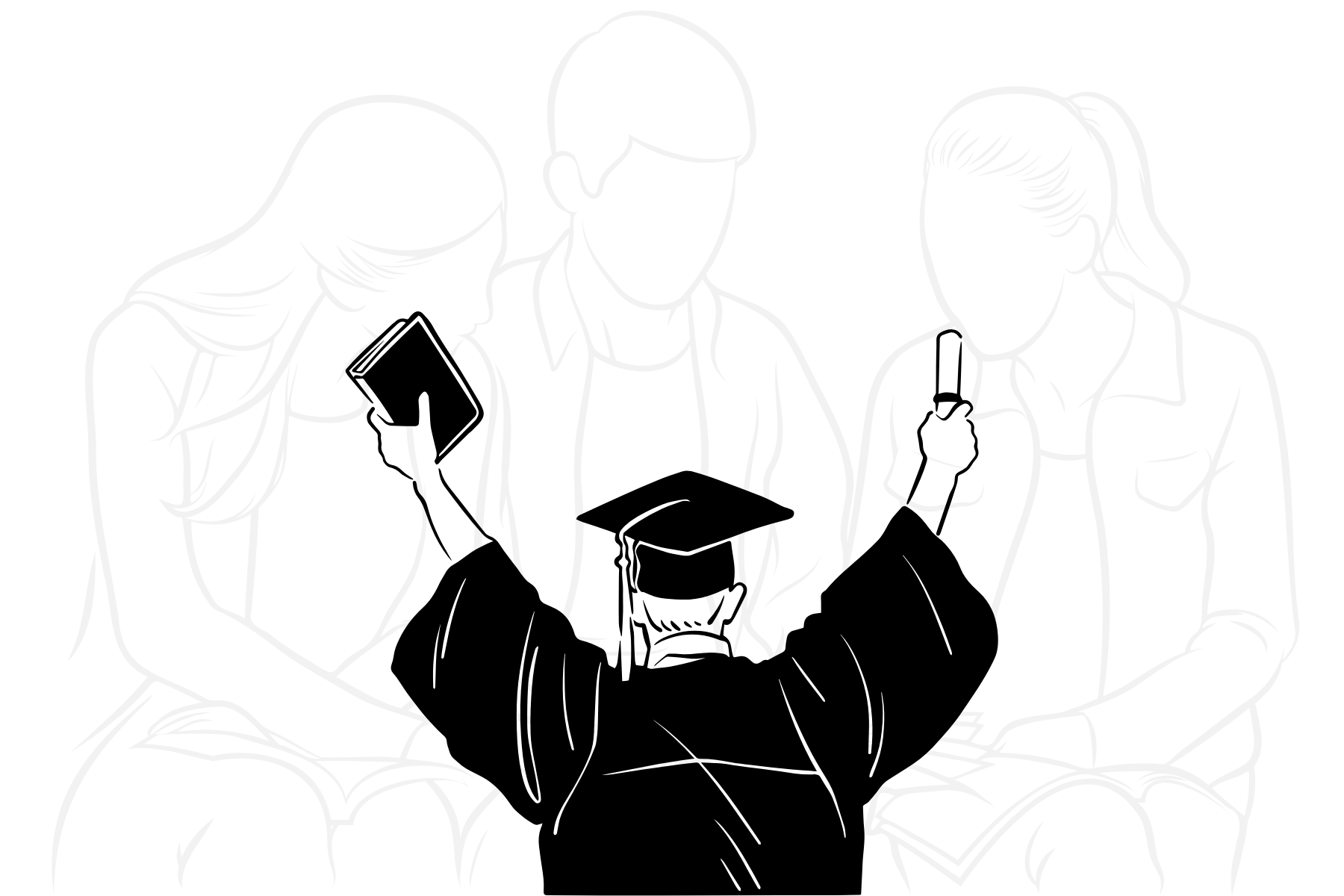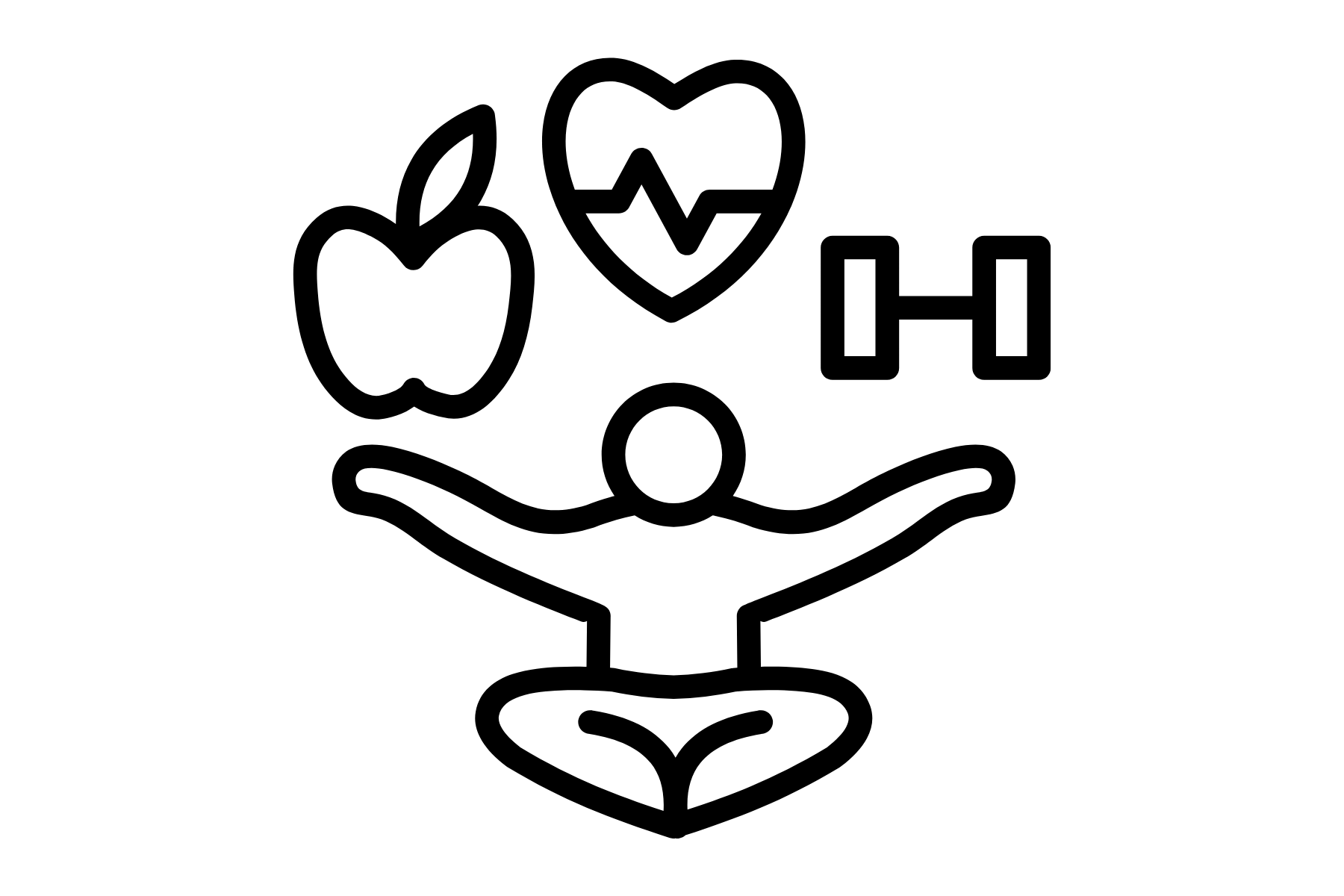Community Resources
Beyond the Basic Needs Center, there is an ecosystem of folks engaging in Basic Needs work by providing support to those needing support to housing, food, and financial resources! This page aims to provide a holistic overview of the support provided beyond the UCSD Basic Needs Center.
Our services are available to any registered and enrolled UC San Diego Undergraduate or Graduate and Professional student. Take a look at our all-encompassing google drive with each of our service one pagers or a small pocket-sized brochure that highlights the breadth of our services and resources.
Student Sustainability Resources Map
The Sustainability Student Collective (SSC) created this interactive map to find sustainable resources such as hydration stations, compost stations, and food security resources, as well as free menstrual product locations to support your basic needs.
Here, you can also find student resource centers to visit, many of which have their own pantries and community resources.
University Resources

Colleges Information
UCSD has 8 different Undergraduate colleges and a Graduate division, click below to find all the information about your specific college/division!

Identity Spaces
There are various identity spaces on campus and different ways to get involved, click below to browse through and learn more about each of them!

Campus Wellness
Click below to learn more about different wellness resources on campus, such as the Student Health Services and the Food Co-Op!
Undergraduate College Dean Information
- Revelle College – Sherry Mallory, slmallory@ucsd.edu
- John Muir College – Jason Thibodeaux, jjthibodeaux@ucsd.edu
- Thurgood Marshall College – Amber Vlasnik, avlasnik@ucsd.edu
- Earl Warren College – James C. Smith, jcs004@ucsd.edu
- Eleanor Roosevelt College – Mario Garibay, magaribay@ucsd.edu
- Sixth College – Diane LeGree, dlegree@ucsd.edu
- Seventh College – Josh Brimmeier, jbrimmeier@ucsd.edu
- Eighth College – Sarah Gallenberg, sgallenberg@ucsd.edu
Graduate and Professional Colleges Dean Information
The Assistant Dean of Student Affairs in the Graduate Division, Rachael Lapidis, is available at rlapidis@ucsd.edu.
Find Food Near Me Interactive Map
Feeding San Diego works with hundreds of distribution partners to provide food and resources to the community. Their mobile pantry travels throughout San Diego County to reach areas with limited access to transportation. Read more about their food distributions.
Off Campus Resources
Check out this link for off-campus resources for general off-campus resources, food resources, and housing resources!
